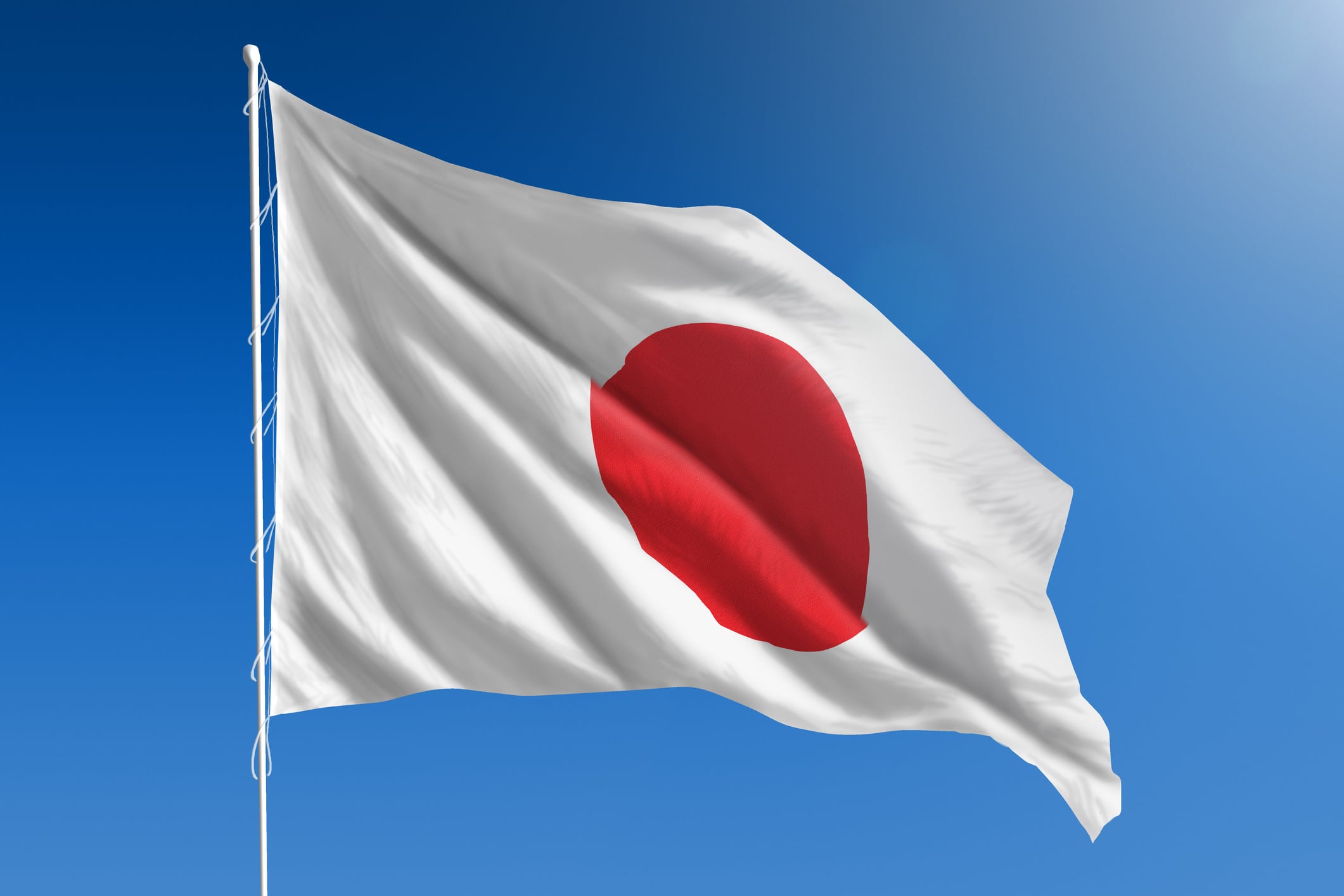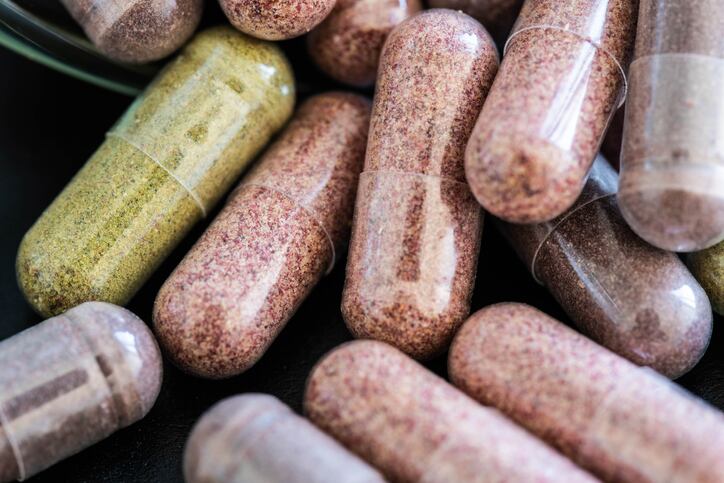Researchers from Japan found probiotics consumption was 18.2% in boys and 18.5% in girls, and that intake was especially higher among children suffering from allergic diseases.
The findings were published in the journal, Nutrients.
Methodology
An internet survey was undertaken among 55,038 mothers (25 to 60 years old) of preschool- or school-aged children in Japan.
Children were classified according to sex and age or school grade group: One to three years, four to six years (preschool), elementary school (ES) (first to third grade), ES (fourth to sixth grade), junior high school (JHS), and high school (HS).
In the survey, mothers answered questions about their children’s dietary supplement use, prescription, and/or over-the-counter (OTC) medicine use, concomitant use of dietary supplements and medicines, purpose of the use of dietary supplements, types of dietary supplements, and adverse event experiences.
The questionnaire also asked whether mothers informed their children’s physicians or pharmacists about dietary supplement use.
Researchers defined dietary supplements as foods that were in the form of capsules, tablets, and powders and that were considered to have beneficial effects on the children’s health.
Popular probiotics
Among all children, 7.6% were currently using dietary supplements, 22.1% regularly took medicine, and 3.2% were concomitantly using dietary supplements and medicine.
Among non-vitamin and non-mineral supplements, probiotics were the most popular dietary supplement in both boys and girls (18.2%, 18.5% respectively). The prevalence was higher particularly in young children (one to three years of age, 22.1%; four to six years of age, 33.8%).
Probiotics consumption was also significantly higher in children who were taking medicine for allergic diseases such as allergic rhinitis, eczema, and asthma (p<0.05). Most of the mothers (71.7%) gave their children probiotics for “improvements in health”.
The researchers explained: “It might be caused because mothers believed that probiotics were good for allergy disease via improvement of immune system.”
Previous studies have shown probiotics beneficial effects on relieving allergic rhinitis symptoms, although the researchers in this study warned that while probiotics are safe for the general population, “some probiotic products contain hidden milk or egg protein and can cause anaphylaxis among children with food allergies. Mothers should provide probiotic products for children with allergies with caution and should consult with a doctor before providing supplementation.”
Among HS boys, protein/amino acids continue to be the most popular non-vitamin/mineral supplement, although prevalence has dropped from 33% in a previous study, to the current 11.4%.
In terms of vitamin and mineral supplements, multi-vitamins were more popular than individual vitamins.
Vitamin C was the most popular individual vitamin supplement (7.1%). Individual vitamins were more popular among HS than younger age groups in girls whereas no differences was found between age groups in boys.
Calcium was the most popular mineral supplement for boys (7.9%), compared to iron for girls (8.9%). The prevalence of individual mineral use was significantly higher in JHS girls.
Purpose of dietary supplement use
Researchers found that “supplementation of nutrition” was the most frequent purpose of dietary supplement use in both girls and boys, followed by “maintenance of health/prevention of disease” and “improvements to health”.
In addition, more mothers of boys provided dietary supplements to “enhance growth”.
Girls’ mothers were likely to provide products for the purpose of “beauty/weight loss”.
Lack of knowledge
The also study found there was a lack in parental knowledge on dietary supplements and its subsequent effect, especially on sick children.
Only 30.8% of mothers consulted with their children’s physicians or pharmacists about dietary supplement use.
Almost half of mothers (45.1%) felt dietary supplements were just foods, and 25.8% felt dietary supplement did not affect their childrens’ medication.
Limitations
The researchers acknowledged several limitations in their study.
“First, this was an Internet survey and we recruited participants from monitors of a research company. Therefore, the participants may not fully represent the general population,
Second, some consumers in Japan confused dietary supplements and medicines. Dietary supplement has no clear definition in the law in Japan. So, some participants confused medicines as dietary supplements, even though we presented the definition of dietary supplement before the questionnaire.”
However, the findings revealed and encouraged parental education on the potential risk of dietary supplement use and adverse side effects in ill children.
Source: Nutrients
https://doi.org/10.3390/nu11122960
“Concomitant Use of Dietary Supplements and Medicines among Preschool and School-Aged Children in Japan”
Authors: Etsuko Kobayashi, et al.




